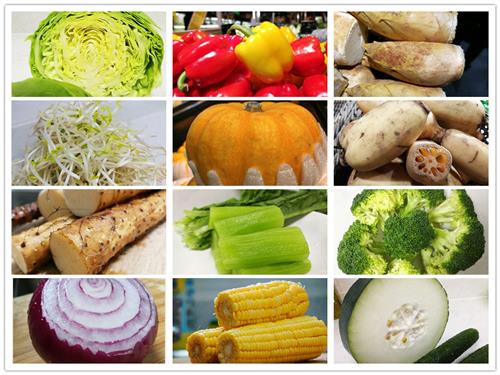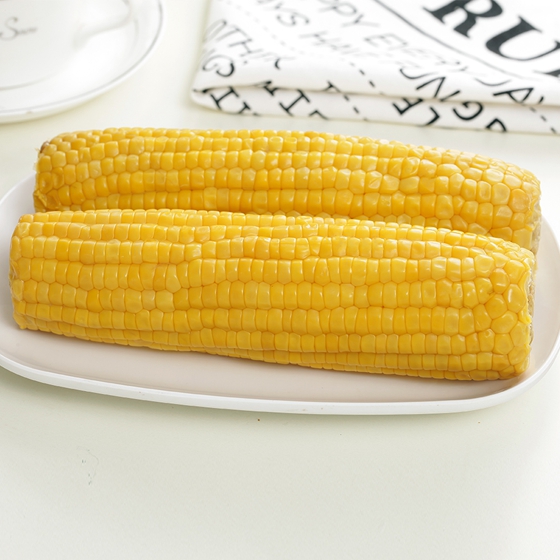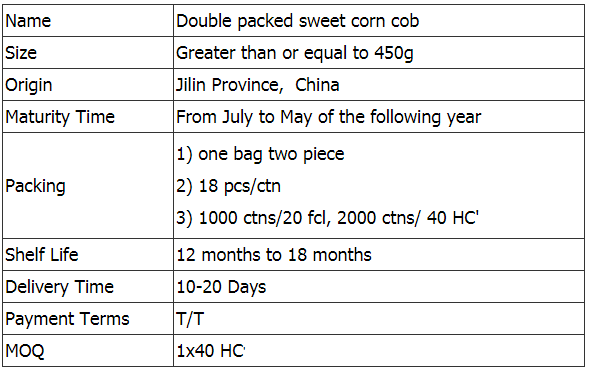Mild fatty liver eats more of these foods can improve
Mild fatty liver patients must pay more attention to diet, but can be completely improved according to the patient's condition to determine the diet is a relatively slow process, in this process is likely due to the patient's negligence caused by the liver Damage worsened, leading to aggravated condition. It mainly includes the following points: 1, mild fatty liver should usually pay attention to control the calorie intake in order to gradually oxidize the fat in the liver cells. In general, the heat supply per kilogram of body weight is about 83~104.6 kilojoules. 2. Patients with mild fatty liver should limit their intake of fat and carbohydrates. Each kilogram of body weight can supply 0.5 to 0.8 grams of fat per day, and vegetable oils or foods containing unsaturated fatty acids should be used. The supply of carbohydrates per kilogram of body weight per day should be controlled at 2 to 4 grams. 3, mild fatty liver should pay attention to eat high protein diet and fresh vegetables. High-protein foods can protect liver cells, and can promote the repair and regeneration of liver cells, which is beneficial to the recovery of patients. Protein-rich foods mainly include lean meat, fish, shrimp, poultry, dairy products and soy products, and fresh vegetables. Green leafy vegetables can meet the body's needs for vitamins, but should not eat more sugary vegetables and fruits. 4. Patients with mild fatty liver can usually eat foods rich in methyl sulfide and amino acids, such as millet, sesame, rape, spinach, scallops, mussels, etc. These foods can promote the synthesis of phospholipids in the body and make the fat in liver cells convert. 5, mild fatty liver patients should drink enough water to promote the body's metabolism and waste excretion. In addition, mild fatty liver should usually avoid eating spicy and irritating foods, such as onions, garlic, peppers, coffee and spirits. Experts reminded that if you have mild fatty liver without paying attention, without recovery, it is likely to slowly change to moderate, severe fatty liver. A medium-sized cob of corn provides more than 10% of our daily dietary fibre requirements.
Fibre is fermented by bacteria in the colon. Promising studies are underway to determine the health-promoting effects of fibre fermentation breakdown products, for example, short-chain fatty acids, which may help to maintain a healthy gut.
Yellow Sweet Corn,Double Packed Sweet Corn,Double Packed Sweet Corn Cob,Double Packed Yellow Sweet Corn Jilin Province Argricultural Sister-in-law Food Co., Ltd. , https://www.nongsaocorn.com
There are two types of dietary fibre - soluble and insoluble - and sweet corn contains both.
According to the American Heart Association, dietary fibre as part of an overall healthy diet can help lower blood cholesterol levels and may reduce the risk of heart disease. It is insoluble fibre that binds to cholesterol, preventing it from being absorbed into the bloodstream.
Insoluble fibre is responsible for promoting regularity and helping to prevent constipation by speeding up the passage of food and waste through the intestines and absorbing water to keep stools soft. Insoluble fibre has been shown to reduce the risk of haemorrhoids.
Fibre-containing foods such as sweetcorn also help to provide a sense of satiety and may therefore help to suppress appetite and aid weight management.
Dietary fibre has also been linked to a reduced risk of type 2 diabetes. A diet rich in fibre helps patients manage their disease.

